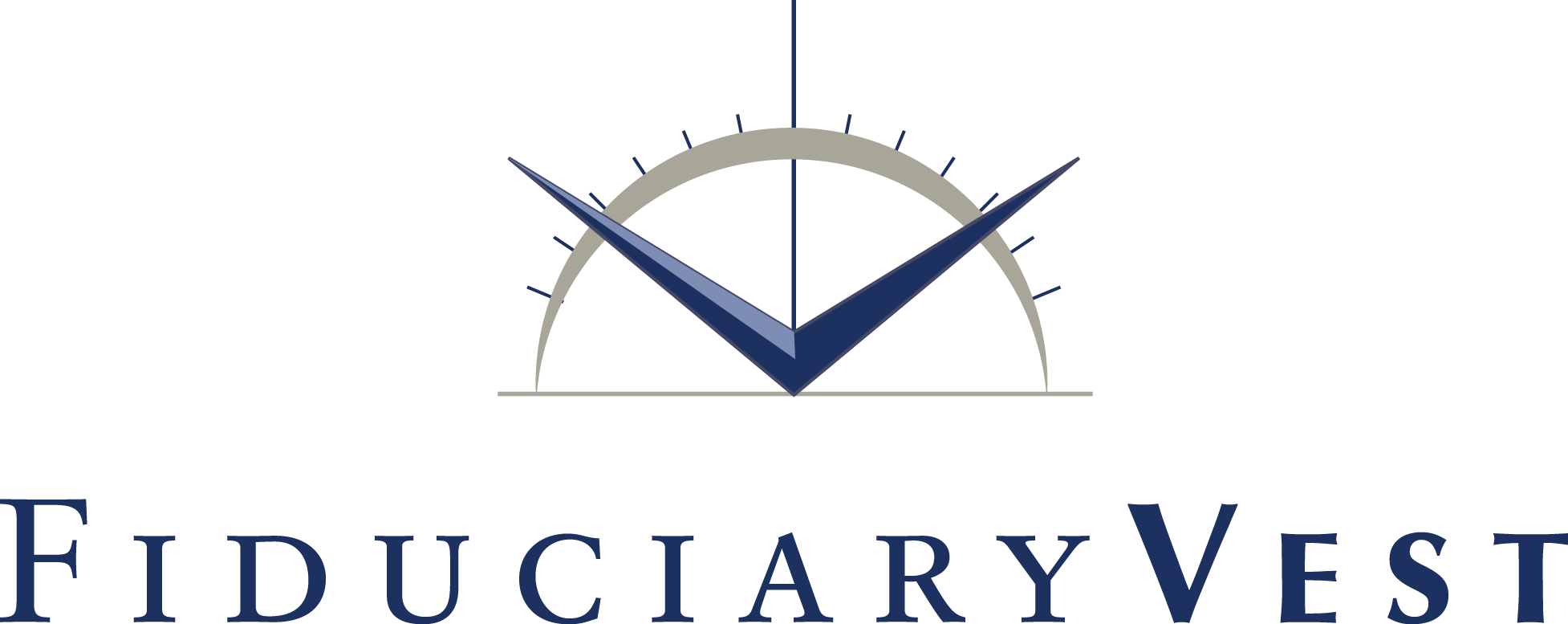
Lessons Learned from Another 401(k) Lawsuit
Just one month before going to trial, Ameriprise Financial agreed to settle an excessive fee lawsuit pertaining to its own 401(k) plan. Ameriprise denied any wrongdoing, and yet they settled out of court for $27.5 million (that’s quite the sum for not doing anything wrong). Many other suits are winding their way through the courts as we speak, and the first 401(k) excessive fee case was just argued before the United States Supreme Court last month.
While the fees, penalties and settlements amount to huge sums, the actions that prompted these lawsuits are not unique to the handful of companies being charged. Many are “guilty” of the same actions (or inactions) that are alleged in Krueger vs. Ameriprise, Tibble vs. Edison, Tussey vs. ABB, et al. You see, most of the cases that are being brought by Schlichter, Bogard and Denton are NOT the result of fraudulent activity perpetrated by greedy executives. Instead, most of these cases boil down to the lack of a disciplined process for retirement plan committees.
Plan sponsors should be taking copious notes and learning lessons from this litigation. It’s really not rocket science (although coincidently, Lockheed Martin was the company that paid the largest penalty thus far at $62 million). Some key steps that sponsors can take to improve the plan for participants and protect themselves as fiduciaries include:
- Ensure that fees and expenses are reasonable by evaluating competitive bids every few years
- Offer a broad mix of investment options to allow participants to adequately diversify (including low-cost index funds)
- Utilize institutional share classes to lower the investment costs for participants
- Ensure fee transparency and equality for employees
- Follow your governing documents (Investment Policy Statement, Plan Document, etc)
- Engage in fiduciary training
- Document, document, document (HINT: if you don’t document, it did not happen in the eyes of the DOL, IRS and the courts)
In society, one of the most dangerous statements that can be made is “we have always done it this way.” Plan sponsors now have a unique opportunity to learn valuable lessons from these lawsuits and court cases and adopt best practices for managing their fiduciary processes and responsibilities. If you are the sponsor of a qualified retirement plan, take steps today to make yourself and your company an “unattractive defendant” in the new world of retirement plan litigation.





